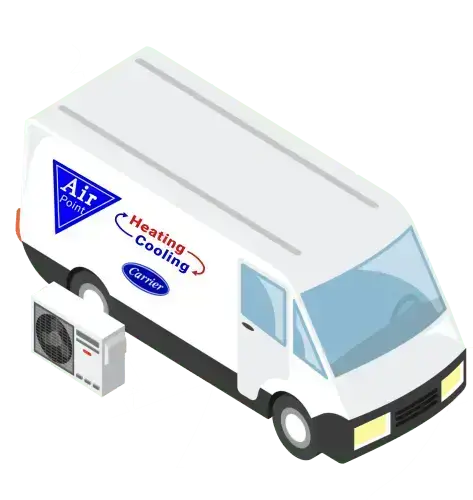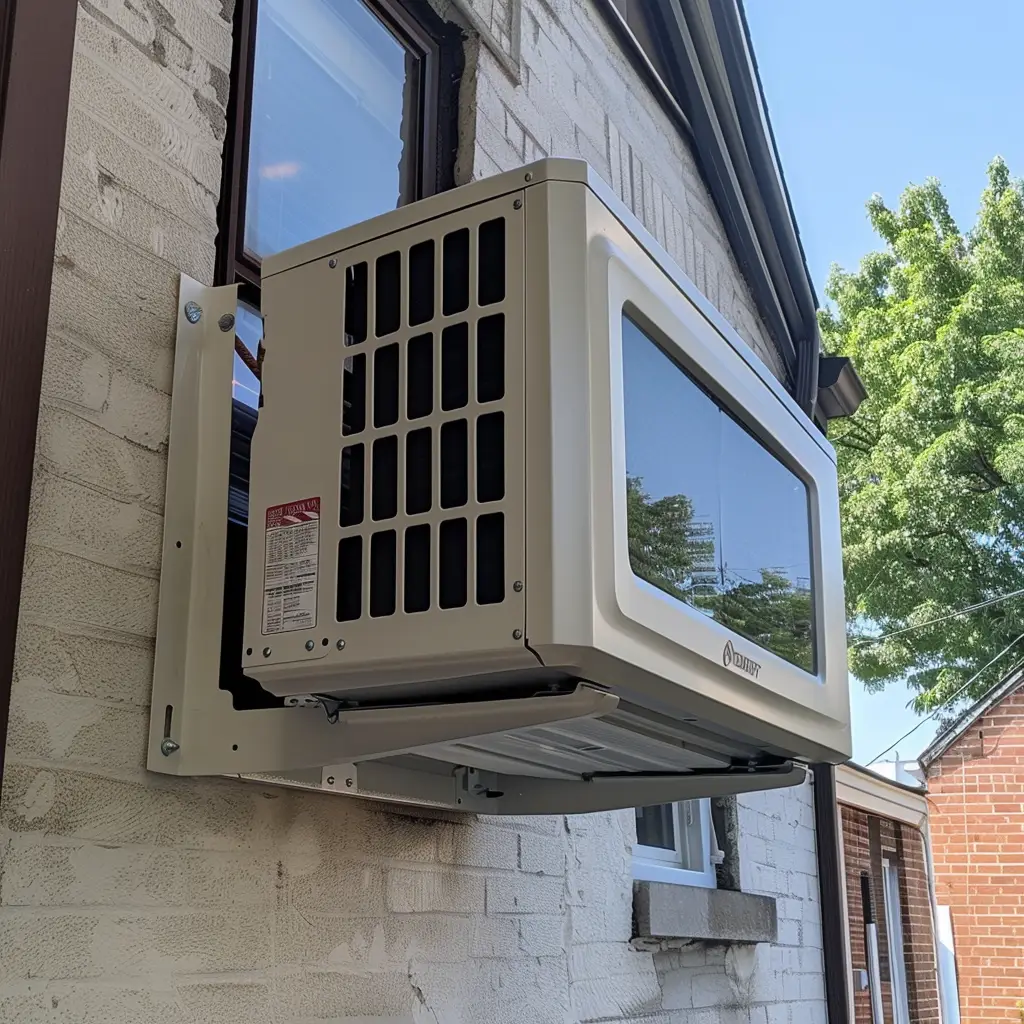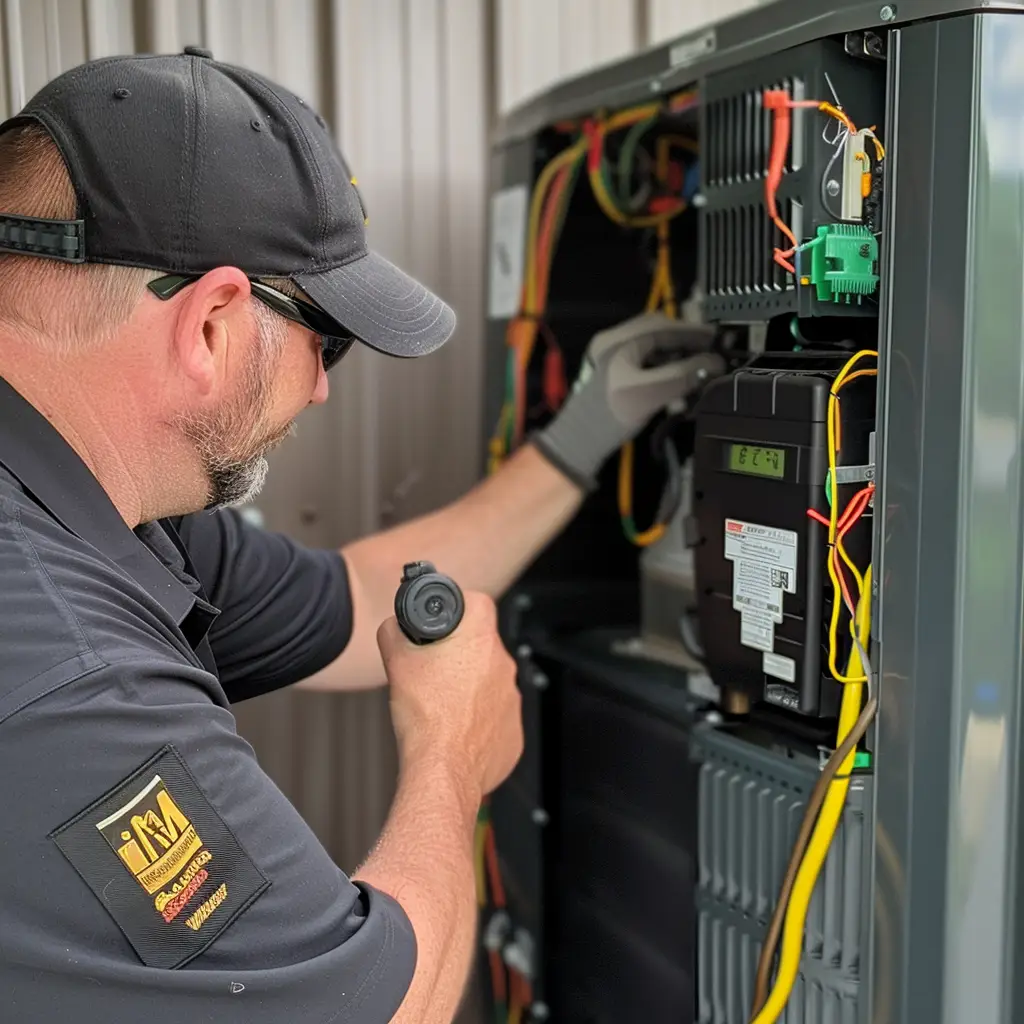Introduction to Energy Efficiency
Energy efficiency is more than just a buzzword. It’s a lifestyle choice that benefits the environment, our finances, and overall comfort. Simply put, energy efficiency means using less energy to perform the same task – a smarter way of living. But, how can we achieve this in our homes? Let’s find out.
The Importance of Minimizing Heat Loss
Before we delve into the techniques, let’s understand why minimizing heat loss is critical.
Environmental Impact
Reducing heat loss means less energy is needed to maintain comfortable indoor temperatures, reducing greenhouse gas emissions. It’s our small step towards combating climate change.
Financial Benefits
Efficiency saves money. By minimizing heat loss, we can reduce energy bills significantly – an attractive proposition for any homeowner.
Method 1: Enhancing Insulation
Insulation plays a significant role in minimizing heat loss.
The Concept of Insulation
Think of insulation as a protective barrier for your home, keeping the heat in and the cold out. It slows down the transfer of heat, maintaining a comfortable indoor temperature.
Insulation Materials
Different materials can be used for insulation. From traditional materials like fiberglass to modern ones like spray foam, the choice depends on the requirements and budget.
Optimal Locations for Insulation
The attic, walls, and floors are the primary areas for insulation. Insulating these places can reduce heat loss by up to 25%.
Method 2: Weatherproofing Your Home
Another effective method to minimize heat loss is weatherproofing.
Benefits of Weatherproofing
Weatherproofing involves sealing air leaks in your home, reducing drafts and, subsequently, heat loss.
Weatherproofing Techniques
These techniques range from simple DIY solutions like caulking and weather-stripping to professional services like whole-house energy audits.
Method 3: Using Energy Efficient Appliances
These appliances can also make a difference.
Energy Star Rating and Its Importance
Energy Star-rated appliances consume less energy compared to traditional appliances. An Energy Star-rated heating system, for instance, can save significant energy.
Choosing Energy Efficient Appliances
Choosing such appliances might cost more initially, but the long-term savings in energy bills make it a worthwhile investment.
Method 4: Smart Heating Systems
Smart heating systems offer another way to enhance energy efficiency.
What are Smart Heating Systems?
These systems allow you to control the temperature of your home remotely, making heating your home more efficient.
Benefits of Smart Heating Systems
With these systems, you can adjust the temperature based on your schedule and preferences, minimizing energy wastage.
Method 5: Regular Maintenance and Checks
Regular checks can help maintain the energy efficiency of your home.
Why Regular Checks Matter
Without regular maintenance, even the most energy-efficient systems can lose their effectiveness. Regular checks ensure they’re operating at their peak efficiency.
Trust AirPoint to Enhance Your Home’s Energy Efficiency
Minimizing heat loss and maximizing energy efficiency may seem daunting, but it doesn’t have to be. With the right techniques, a touch of dedication, and professional help, you can create a comfortable, eco-friendly, and cost-efficient home. At AirPoint, we are a Carrier factory authorized dealer and NATE certified in Toronto, meaning we are recognized for our superior service and expertise. We’re honored to be named HomeStars Best of the Best 2023 and have a 5-star rating on both Google and HomeStars. Our technicians are fully certified by TSSA, HRAI, and CSA. We are here to help you make your home as energy-efficient as possible.
To learn more ways to reduce your energy bills, watch this video by Heat Geek
Frequently Asked Questions on Energy Efficiency
What are the best materials for insulation?
There are several materials, including fiberglass, cellulose, and spray foam. The choice depends on your needs and budget.
How often should I get my home energy efficiency checked?
It's best to have a professional energy audit every 3-5 years.
Are energy-efficient appliances worth the investment?
Yes, while they may cost more initially, the savings in energy bills over time make them a wise investment.
Can I weatherproof my home by myself?
Yes, some tasks like caulking and weather-stripping can be DIY. But for a thorough job, consider professional services.
How can smart heating systems enhance energy efficiency?
Smart heating systems allow for personalized temperature control, minimizing energy wastage.





